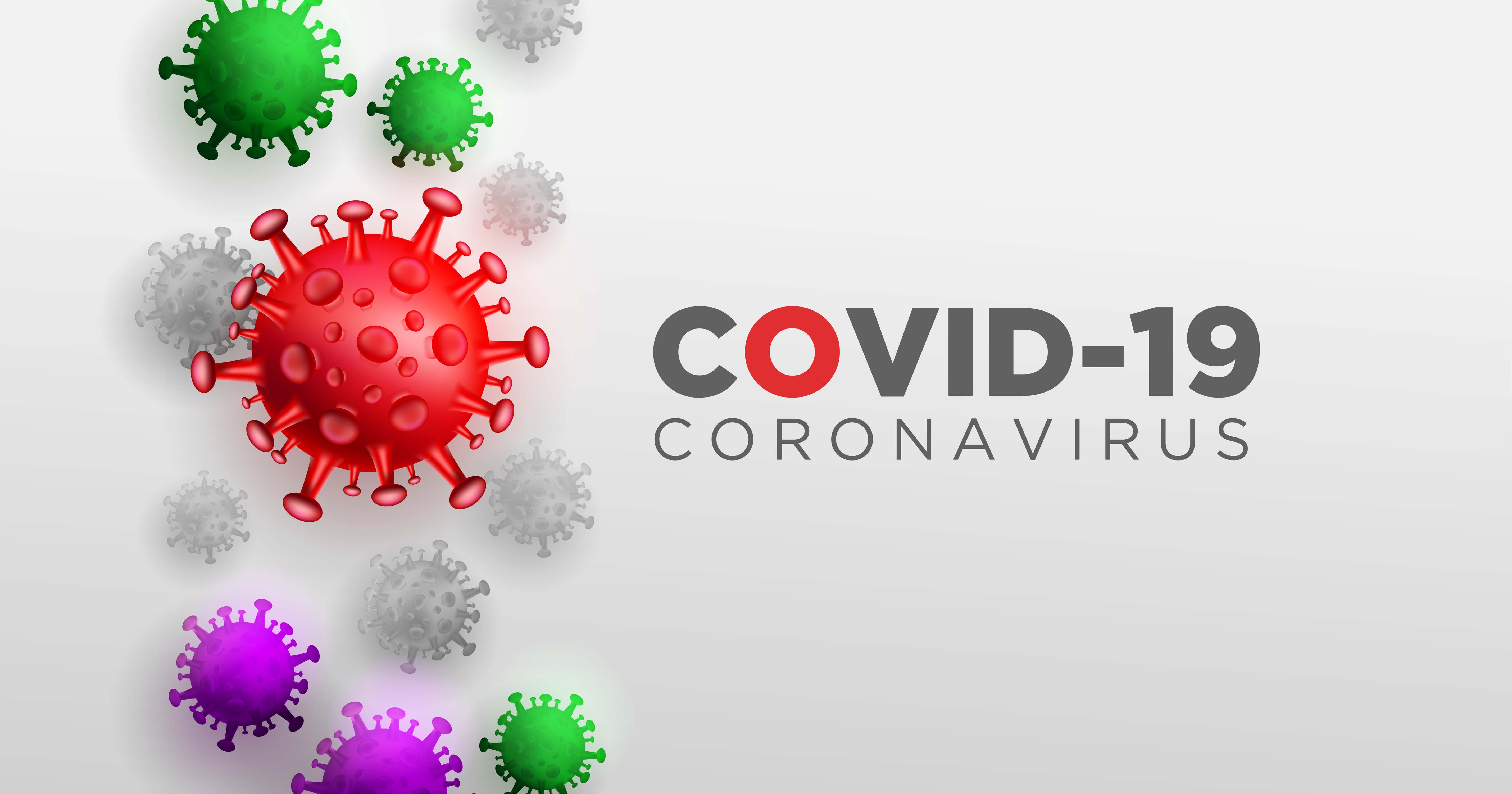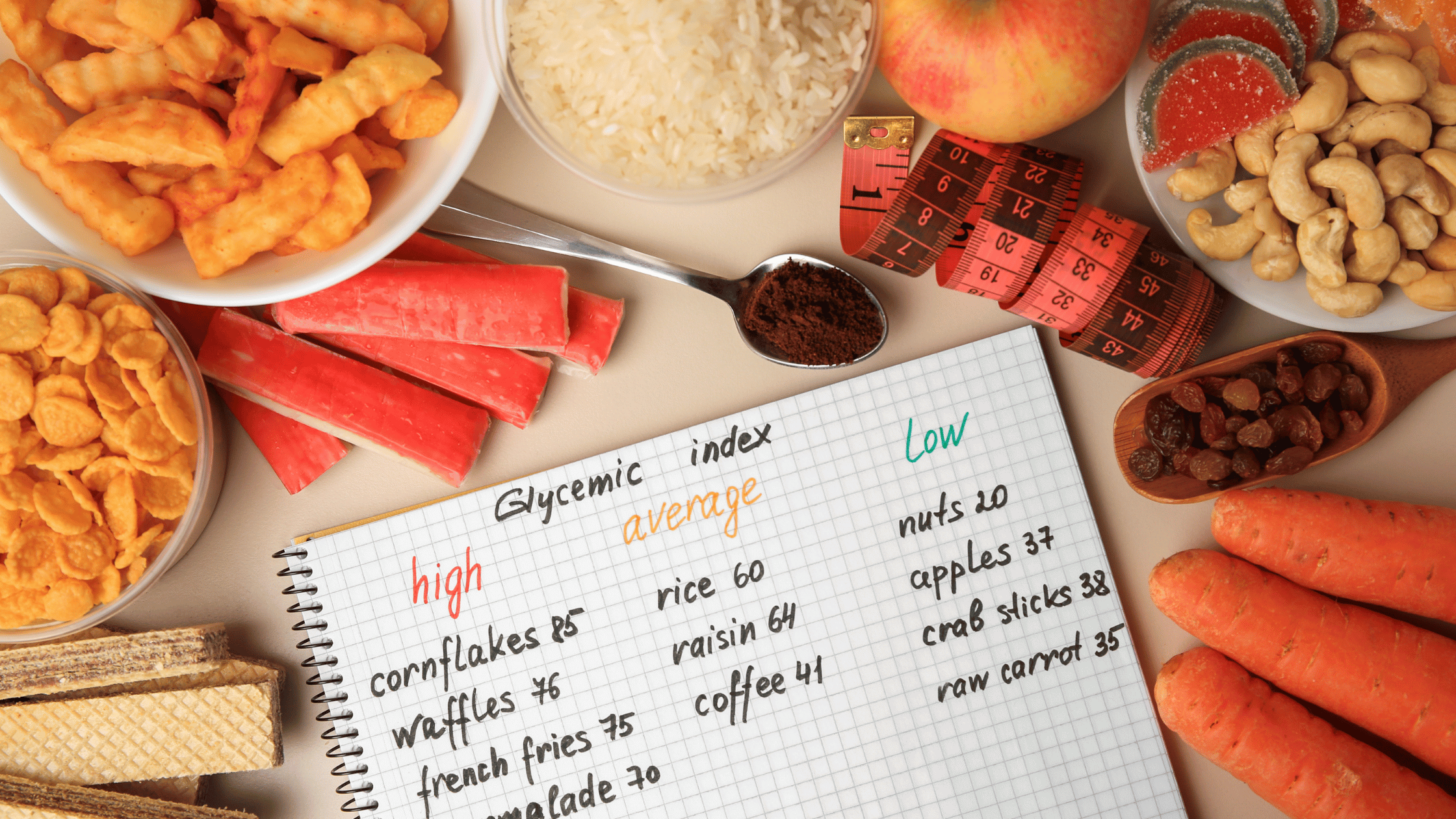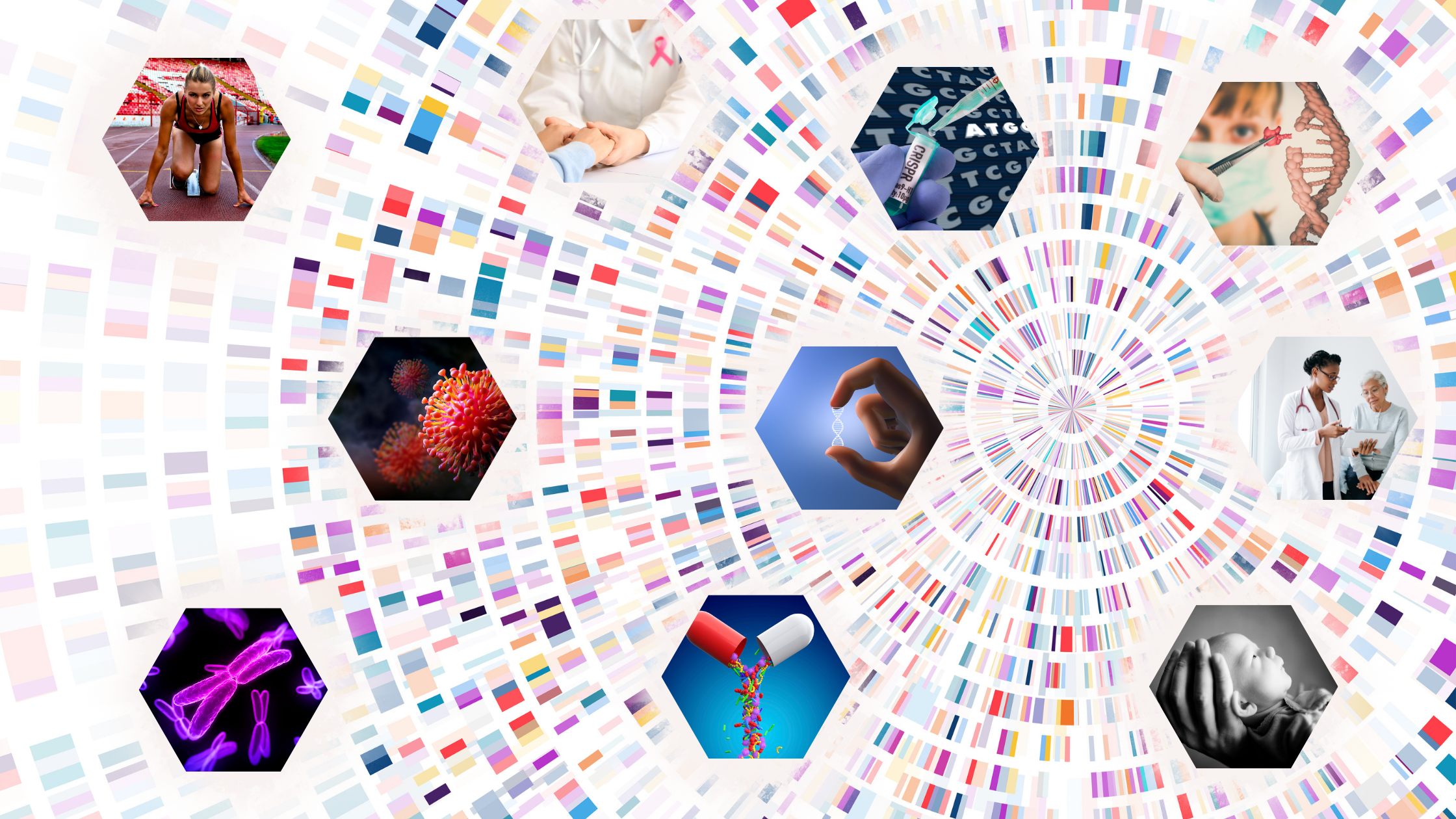Demystifying Genetic Testing For Wellness

Using genetic testing for wellness, one of the most used technologies is DNA microarray as it stands out as a revolutionary tool, providing a detailed snapshot of an individual's genetic code. Let's explore the science behind microarrays, understand their accuracy, and affordability, and then delve into key considerations for selecting or interpreting results from genetic tests.
Microarray Technology: A Detailed Genetic Portrait
Microarray technology functions like a powerful genetic magnifying glass. It involves placing thousands of DNA fragments on a chip, allowing for simultaneous analysis of numerous genetic markers. Imagine it as a meticulous painter creating a vivid canvas of your genetic landscape.
Accuracy: Trustworthy Insights into Your DNA
Microarray-based genetic tests boast an accuracy rate that can reach an impressive 99.9%. This precision is comparable to having an incredibly reliable guide through the intricate paths of your genetic makeup. It ensures that the information provided about your genetic traits and potential health risks is trustworthy.
Affordability: Making Genetic Insights Accessible
Once considered a luxury, genetic testing has become more accessible thanks to microarray technology. Affordability is now a hallmark, allowing individuals from various backgrounds to access their genetic information. It's akin to democratising the understanding of our DNA, making it available to a broader audience.
Key Points for Consideration in Genetic Testing
1. Choose Reputable Providers: Opt for well-established and reputable services when embarking on a genetic testing journey. Companies that have proven track records in prioritising data security, privacy, and delivering scientifically accurate results.
2. Understand Limitations: Genetic tests provide estimations, not clinical diagnoses. Imagine it as a road sign pointing in a certain direction but not determining your final destination. Consult healthcare professionals for comprehensive insights into health risks and conditions based on your genetic information.
3. Explore Health Insights: Imagine receiving a report that highlights genetic predispositions for specific health conditions. For example, a genetic test might indicate an increased risk of heart disease. This insight can guide you towards proactive measures such as regular health check-ups, a heart-healthy diet, and exercise.
4. Consider Genetic Counselling: Genetic counselling acts as a personalised guide in your genetic journey. If your results raise concerns or if you have specific health questions, consider seeking genetic counselling. It's akin to having a navigator helping you interpret the map of your genetic landscape.
5. Additional Features and Affordability: Consider the extra features offered by genetic tests. For instance, a carrier status report might reveal whether you carry certain genetic variants that could be passed on to your children. Assess the affordability and value these features add to your overall genetic exploration.
6. Prioritise Privacy: Imagine your genetic information as a personal story. When selecting a genetic testing service, prioritise those that respect the confidentiality and security of your genetic narrative. Understand the measures in place to handle and store your data responsibly.
Genetic testing, fuelled by microarray technology, offers a personalised journey into your genetic landscape. Choose reputable providers, understand the limitations, explore health insights, and consider genetic counselling if needed. Appreciate the affordability and accessibility of genetic tests, always prioritising the security and privacy of your genetic narrative. Unravelling the secrets of your DNA becomes a meaningful and informed exploration, akin to deciphering a fascinating genetic autobiography.

The Gene Box











.png)



















































